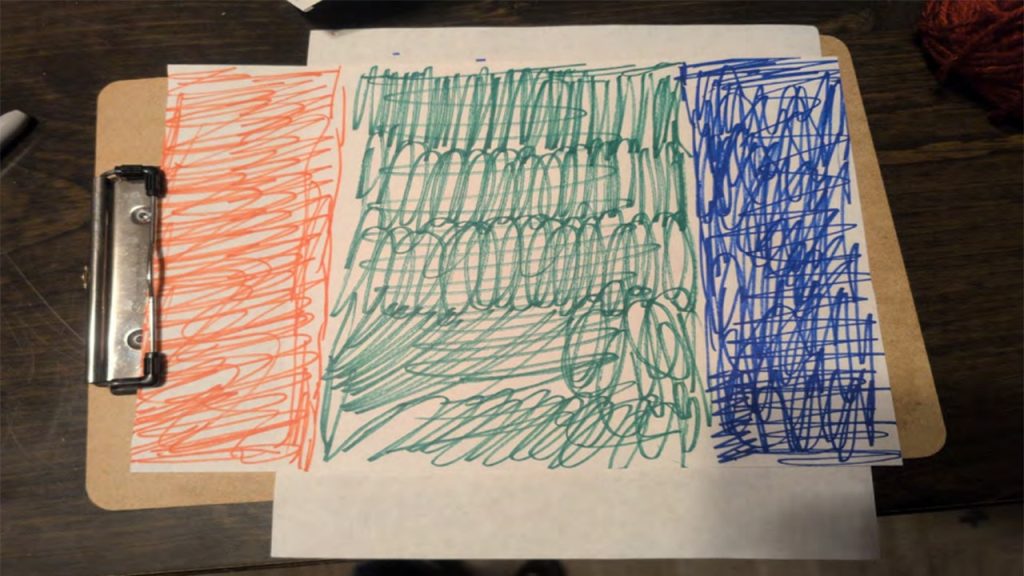Massachusetts Redesigns Its Identity: From Velociraptor Coffee Drinkers to Revolutionary Heroes
The people of Massachusetts have spoken, and they’ve done so with both reverence and an unmistakable New England sense of humor. As the Seal, Flag, and Motto Advisory Commission concludes its open submission period for redesigning the state’s symbols, residents have delivered hundreds of proposals that paint a fascinating portrait of how Bay Staters see themselves in 2023. The initiative, launched last year, aims to replace state symbols that many believe no longer reflect Massachusetts’ contemporary values and diverse population. Now that the June 18 deadline has passed, commissioners face the delightful challenge of sifting through entries ranging from historically grounded to hilariously offbeat.
Traditional submissions honored the commonwealth’s rich history and natural resources. Many residents incorporated classic New England imagery: stately pine trees that once supplied the British Navy, golden codfish symbolizing the state’s maritime economy, the historic Mayflower, coastal lighthouses, and even the USS Constitution (“Old Ironsides”). Whales made frequent appearances, celebrating Massachusetts’ seafaring heritage and environmental consciousness. Latin mottos demonstrated the state’s intellectual tradition, with phrases like “Melius praeteritum futurum intelligendo facimus” (“By understanding the past, we make a better future”) reflecting the deep historical awareness that pervades Massachusetts culture. These submissions reveal a population proud of its revolutionary roots and enduring contributions to American history, from the Boston Tea Party to the abolition movement to its pioneering role in public education.
But what’s truly captured public attention—and generated the most social media buzz—are the submissions that lean into the state’s self-deprecating humor and modern identity. One flag featured a collage of Dunkin’ Donuts logos and rainbow sprinkles, celebrating the ubiquitous chain born in Quincy that remains inseparable from Massachusetts identity. Another showed a velociraptor clutching a coffee cup with “Massachusetts” scrawled above in Comic Sans font—perhaps nodding to both the state’s world-class educational institutions and its caffeine dependency. Proposed mottos included “Massachusetts: Witch-free since 1693” and “Providing Spelling Bee Fodder for the Ages,” acknowledging both the darker chapters of colonial history and the state’s notoriously difficult-to-spell name. These humorous submissions reveal Massachusetts residents as deeply self-aware, internet-savvy, and unafraid to poke fun at themselves while still expressing genuine affection for their home.
Many thoughtful entries attempted to bridge tradition with modern values, proposing evolutionary rather than revolutionary changes. Some suggested modifications to the existing seal—removing the controversial sword positioned above the Native American figure while retaining the familiar shield design. Others proposed replacing human figures altogether with symbols of endurance and resilience like wild turkeys or pine trees that represent New England’s spirit. Several submissions incorporated inclusive mottos like “Born Free and Equal,” drawn from John Adams’ state constitution, or forward-looking phrases like “Together We Thrive” that acknowledge the commonwealth’s diversity. These middle-ground proposals demonstrate how many residents wish to honor their heritage while creating symbols that better reflect today’s multicultural Massachusetts, home to immigrants from across the globe and communities of all backgrounds.
State officials have welcomed the entire spectrum of submissions, from the academically serious to the amusingly absurd. Education Secretary Patrick Tutwiler emphasized that this redesign process goes beyond mere aesthetic changes: “Our seal, flag and motto should reflect not just our history, but the vibrant, diverse community we are today.” Commission co-chair Kate Fox added that the initiative represents “an opportunity to ensure that every community sees itself in our story.” This inclusive approach acknowledges that state symbols aren’t merely decorative—they’re powerful representations of collective identity that appear on government buildings, official communications, and public spaces. For many, particularly Native American communities who have long criticized the current seal’s depiction of a Native figure beneath a colonial sword, this redesign offers a chance to create imagery that honors all citizens with dignity.
With submissions now closed, the commission enters perhaps its most challenging phase: narrowing the flood of entries to just three finalists in each category before holding public hearings and making final recommendations. Whatever Massachusetts ultimately selects—whether it’s a dignified Mayflower emblem, a symbolic pine tree, or perhaps even that coffee-wielding dinosaur—the process itself has already accomplished something valuable. It has sparked a statewide conversation about identity, history, values and humor. It has invited residents to imagine how they want to represent themselves to each other and to the world. And in doing so, it has revealed Massachusetts as a place that cherishes its revolutionary past while embracing its quirky, diverse present with both seriousness and a healthy dose of laughter. The final designs may eventually fade from public attention, but the spirited community engagement they’ve generated represents New England democracy at its finest—opinionated, intellectual, tradition-minded, and always ready with a punchline.


